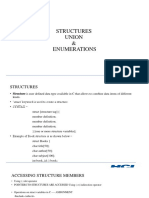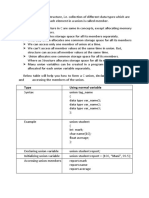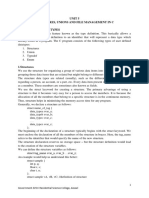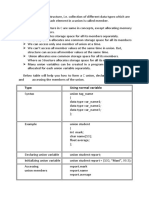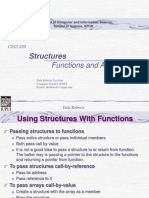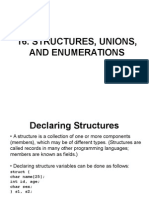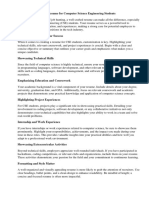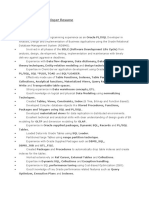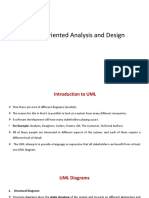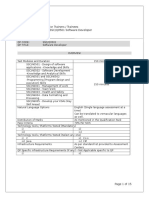0% found this document useful (0 votes)
21 views29 pagesStructs, Unions, and Enums Guide
Experience pdf of interview
Uploaded by
git21ec160-tCopyright
© © All Rights Reserved
We take content rights seriously. If you suspect this is your content, claim it here.
Available Formats
Download as PDF, TXT or read online on Scribd
0% found this document useful (0 votes)
21 views29 pagesStructs, Unions, and Enums Guide
Experience pdf of interview
Uploaded by
git21ec160-tCopyright
© © All Rights Reserved
We take content rights seriously. If you suspect this is your content, claim it here.
Available Formats
Download as PDF, TXT or read online on Scribd
/ 29













